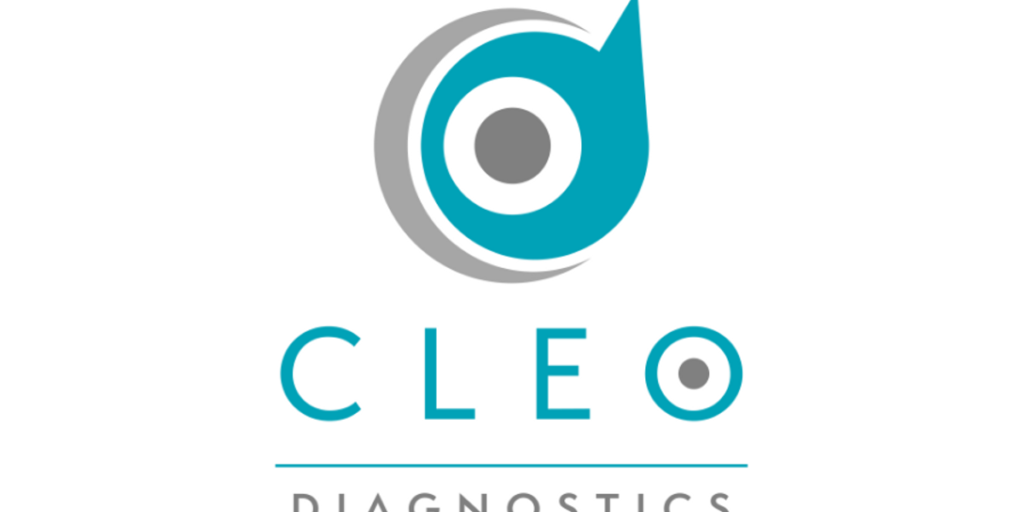During the pandemic, there was a noticeable disparity in healthcare outcomes, particularly for patients of color in comparison to their lighter-skinned counterparts, as observed by Bradley, a sales professional in the Acute Care & Monitoring (ACM) sector at a medical technology company.
Bradley, who is also a mother to a multiracial daughter, explains in her presentations how certain medical devices can exhibit bias, which she refers to as “technology bias.” This bias is influenced by factors such as low perfusion, skin pigmentation, and user error.
While the company’s long-standing pulse oximeter, Nellcor™, has provided monitoring solutions for years, ACM President Frank Chan acknowledges the need for improvement. The company has taken proactive steps to address these issues, including participating in an FDA panel on pulse oximeter accuracy and establishing a physiology lab in a racially diverse neighborhood to ensure inclusive clinical trial enrollment.
Chief Medical Officer for ACM, Dr. Sam Ajizian, emphasizes the urgency to address equity concerns in healthcare, especially in light of recent studies during the pandemic. This commitment has led to accelerated efforts within the company to prioritize patient safety and well-being.
Pulse oximeters play a vital role in patient care by measuring blood oxygen levels accurately. However, not all devices are equally effective, as evidenced by a study comparing the accuracy of various devices. While some competitors’ devices missed a significant percentage of events, Nellcor™ pulse oximeters maintained a much lower margin of error.
In a bid to enhance device accuracy and inclusivity, the company established a clinical physiology lab in a diverse neighborhood in Denver, Colorado. This strategic location allows for easier access to trial participants and fosters a data-driven approach to innovation.
Clinical studies coordinator, Obioma Nwankwo, plays a key role in engaging with the community and recruiting trial participants. By hosting outreach events and fostering trust within the community, the lab has seen a positive response in trial enrollment.
The lab’s diverse data set is invaluable for research and development, ensuring that new devices are designed with equity in mind from the outset. This commitment to inclusivity reflects the company’s dedication to delivering better healthcare outcomes for all individuals, regardless of skin pigmentation or other factors.
Reflecting on the evolution of healthcare disparities over the years, Bradley acknowledges the inherent biases in the system and the importance of addressing them. Despite meeting current FDA standards, the company recognizes the need for continuous improvement and remains committed to driving positive change.
Ultimately, the goal is not just to provide superior devices but to ensure that every individual receives the same level of care and support, as emphasized by the company’s commitment to health equity and inclusivity.


